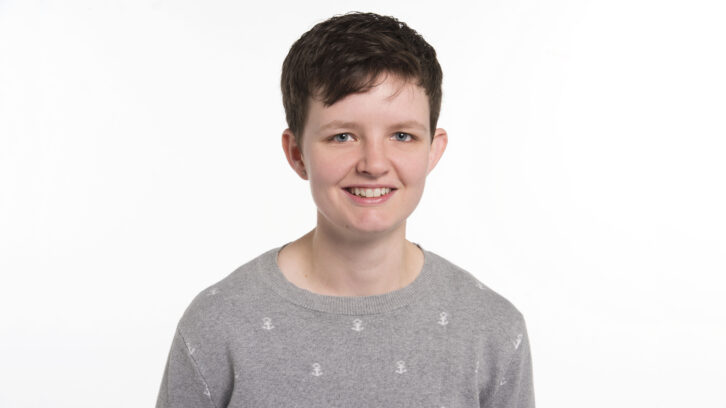SMPTE has announced the 31 individuals and organisations who will be honoured at its annual Awards Gala in October.
This year, 14 honours will be presented at the awards, including:
The David Sarnoff Medal will be presented to Darryl Jefferson in recognition of his engineering leadership and transformative innovations in large-scale broadcast systems. At NBC Olympics and Sports, Jefferson has advanced the frontiers of live television production through pioneering work in cloud-based workflows, IP architectures, and real-time media delivery for global events.
Sir Ian Taylor will receive the Progress Medal for his decades-long leadership and technological innovation in animation and sports production. As the founder of Animation Research Ltd, Taylor has pioneered virtual technologies that have transformed how audiences experience live sports—most notably in sailing, golf, cricket, and motorsports.

This year, SMPTE is recognising Polly Hickling with the Excellence in Education Medal for her contributions to developing inclusive and accessible learning pathways in the field of media engineering. Through her innovative use of nontraditional teaching strategies in both academic and professional settings, Hickling has ensured that learners from diverse backgrounds are engaged, supported, and empowered to advance their careers.
The Workflow Systems Medal will go to Michelle Munson in recognition of her leadership and entrepreneurial impact in transforming media workflows on a global scale. As the co-founder and CEO of Aspera, she built one of the most influential technology companies in modern media infrastructure, said SMPTE.
Dr Peter Centen is set to receive the Camera Origination and Imaging Medal for pioneering innovations in image sensor technology that transformed electronic cinematography and broadcast imaging. Centen served as chief architect of the Xensium family that enabled HD, 4K, HDR, and HFR imaging.
The James A Lindner Archival Technology Medal will be presented to Reto Kromer in recognition of his contributions to audiovisual preservation through practical, accessible, and forward-looking technologies. Kromer has advanced the field through his work on open-source tools, low-energy conservation methods, and digital workflows–including colour space analysis and codec emulation.
Scott Miller will receive the Natalie M and Herbert T Kalmus Award for his contributions to the invention, development, advocacy, and standardisation of the Perceptual Quantizer (PQ) transfer function.
SMPTE will recognise Ben Burtt with the Samuel L Warner Memorial Medal Award for his work on motion picture sound. Burtt revolutionised sound design by departing from traditional library-based effects, instead crafting unique, organic sounds tailored to each scene—often derived from nature or real-world sources.
The Excellence in Standards Award will be presented to Steve LLamb in recognition of his leadership and enduring contributions to the SMPTE Standards Community.
The Citation for Outstanding Service to the Society recognises dedicated service to SMPTE, particularly at the Section level. This year, four individuals will be honoured with this award: Zandra Clarke in recognition of her dedicated and multifaceted service to the Atlanta Section and to SMPTE at large; Bill Hogan for his unwavering commitment to advancing SMPTE’s mission and fostering Section engagement; Jim DeFilippis in recognition of his leadership and educational outreach within the Hollywood Section; and Ujwal Nirgudkar in recognition of his exceptional leadership as chair of the India Section and his enduring efforts to expand SMPTE’s presence across India.

Thirteen new SMPTE Fellows will be recognised at the awards, including Carolyn Giardina, Carys Hughes, and Russell Trafford-Jones.
“I want to congratulate all of this year’s award recipients,” said Fellows Committee chair and SMPTE past-president Renard Jenkins. “Their dedication to the Society and our industry as a whole is evident through their work and volunteerism. Each and every one of these individuals have had a positive impact on the relevance and longevity of SMPTE.”





